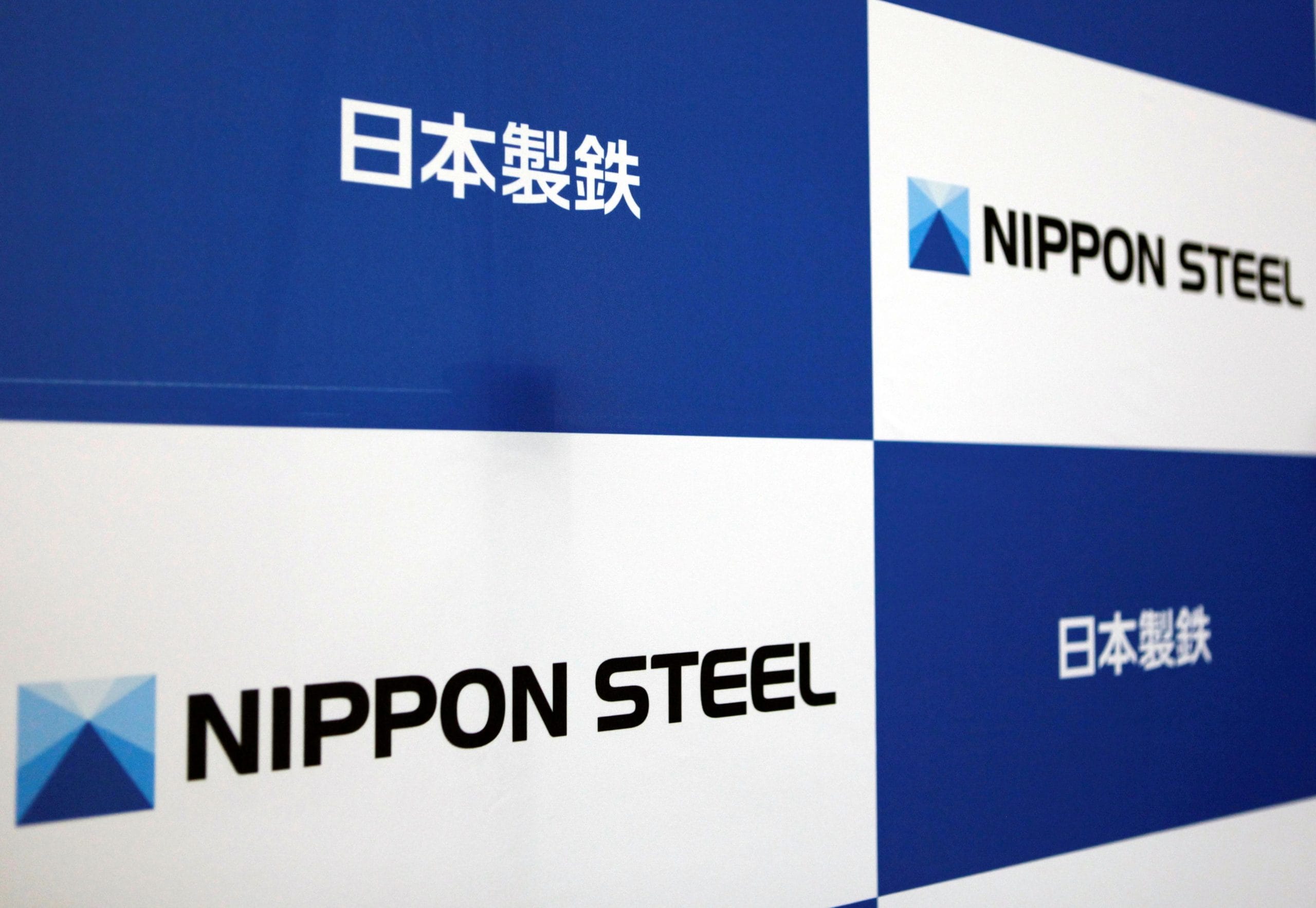In a significant development within the automotive industry, Japanese manufacturers Honda Motor Co. and Nissan Motor Co. are said to be engaged in preliminary discussions concerning a potential merger. This collaboration could mark a pivotal shift within the sector, as both companies seek to bolster their market positions in an increasingly competitive landscape characterized by rapid advancements in technology and shifts in consumer preferences.
This potential merger follows a broader trend within the automotive industry, where manufacturers are joining forces to navigate the complexities of modern mobility. Factors such as rising costs associated with electric vehicle (EV) development, the need for significant investments in research and development, and changes in regulatory environments are pushing automakers to consider strategic alliances. The discussions between Honda and Nissan could represent one of the most impactful moves in this regard, as both companies look to pool their resources and expertise to better compete against both traditional automotive rivals and emerging players in the electric vehicle market.
The automotive industry is undergoing profound transformations as companies pivot towards sustainable mobility solutions, particularly electric and hybrid vehicles. Honda has made commitments to electrification, aiming to achieve a significant percentage of its sales from EVs in the coming years. Nissan, known for its pioneering efforts in electric mobility with models like the Nissan Leaf, is also focused on expanding its EV portfolio. A merger could enable the two companies to leverage shared technology, optimize production processes, and improve cost efficiencies, all of which would be advantageous as they navigate the transition to electric vehicles.
Moreover, the complexities of global supply chains have become increasingly apparent, particularly in light of the ongoing challenges posed by the COVID-19 pandemic. Both Honda and Nissan have experienced disruptions that have affected their manufacturing capabilities and delivery schedules. By consolidating their operations, the two automakers could enhance their resilience in the face of these challenges, creating a more robust supply chain that is better equipped to adapt to fluctuations in demand and raw material shortages.
Stakeholders within the automotive community are closely monitoring these merger talks, as the implications could extend beyond the individual companies and influence the broader market dynamics. A merger between Honda and Nissan could result in a formidable competitor to other global automotive leaders, potentially reshaping market shares and influencing pricing strategies. Analysts are considering how this consolidation could affect partnerships, alliances, and even rivalries across the industry.
While the discussions are still in their early stages, it is noteworthy that both Honda and Nissan have historically operated independently, maintaining their unique brand identities and product offerings. Merging two well-established brands presents both opportunities and challenges as the companies would need to reconcile their differing corporate cultures, manufacturing methodologies, and supply chain strategies. It is essential for executives from both firms to carefully consider these factors to ensure that a potential merger would yield long-term benefits.
Industry experts also suggest that the changing regulatory landscape plays a significant role in the motivation behind these discussions. Governments around the world are implementing stricter emissions regulations and incentivizing the adoption of electric vehicles. A partnership between Honda and Nissan could provide the necessary scale and innovation to comply with these shifting regulatory frameworks while also catering to a market increasingly focused on sustainability and reduced environmental impact.
Consumer preferences are moving toward electric and hybrid vehicles, and this trend is likely to continue as more people become environmentally conscious. By merging their efforts, Honda and Nissan could position themselves as leaders in the electric vehicle segment, offering consumers a wider range of options and advanced technologies.
In conclusion, the ongoing merger discussions between Honda and Nissan represent a significant moment in the automotive industry. As the sector confronts myriad challenges including technological advancements, sustainability demands, regulatory pressures, and supply chain vulnerabilities, this potential collaboration promises to reshape the competitive landscape. While the ultimate outcome remains uncertain, the proactive approach being taken by these two longstanding companies could serve as a blueprint for other automakers facing similar pressures in a rapidly evolving market.



